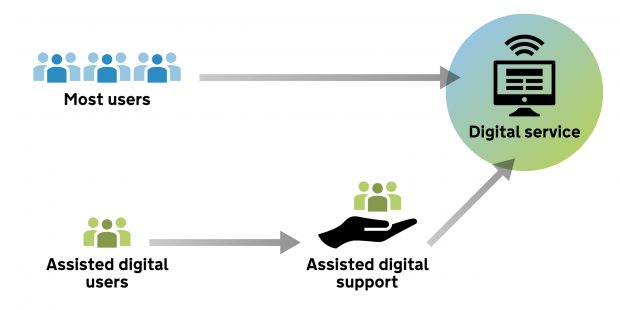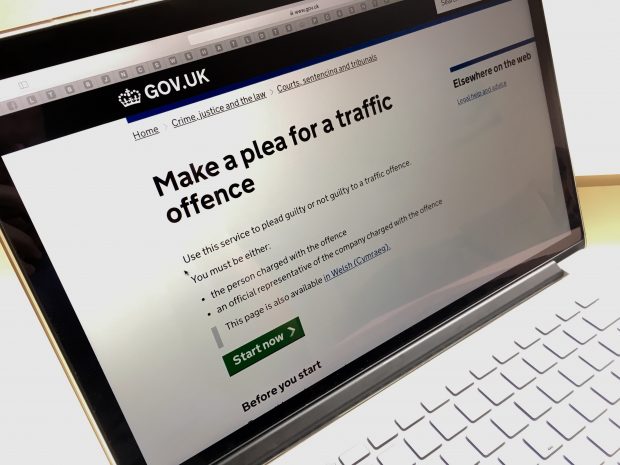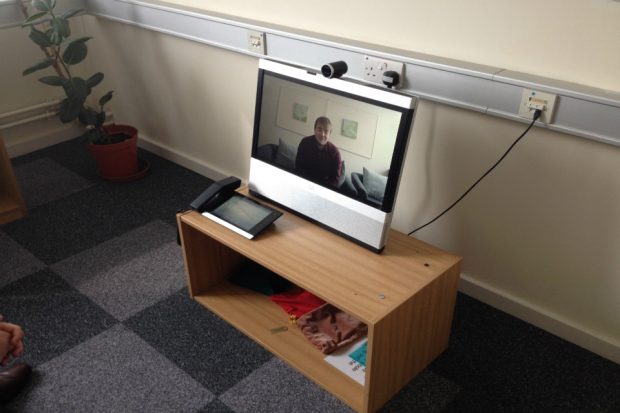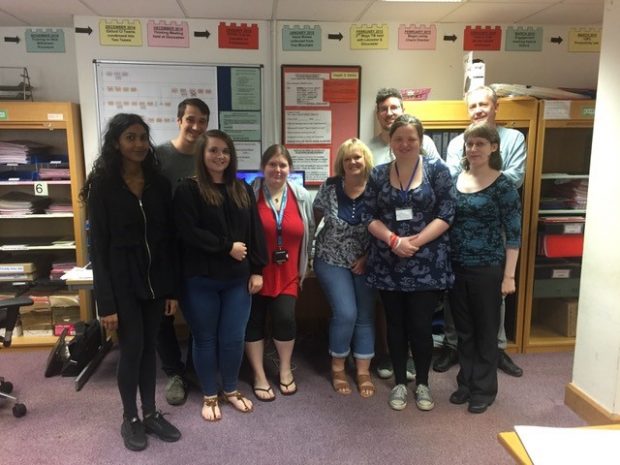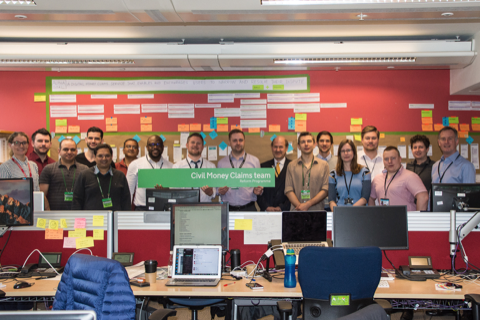Digital services
A blog post from Mike Brazier who work in HMCTS’s Accessibility and Inclusion Team. Mike talks about how his team is responsible for ensuring we help and support people who are not online make sure that they can also experience the benefits of using our online services.
The second in a series of blog posts from Susan Acland-Hood. The first one set out why reform is needed and why we need to do more to engage and talk more widely about what we’re doing. In this blog post Susan talks a bit more about the approach we are taking to reform, and why we are well set up to succeed and explains about what impact changes have already made.
Susan Acland-Hood reflects on what she has learnt since she started as CEO of HMCTS last November. Susan explains her plans to write a set of blog posts that outline what we need to do, what we’ve done so far, what our plans are, and how to get involved in shaping HMCTS’s reforms for the future. This blog post focuses on her first-hand observations of our courts and tribunals system, its strength and value, but also the deep challenges it faces and the reasons why she believes only radical reform can make it flourish for the future.
A blog post from Leanne Galbraith Along that provides details of a series of drop-in sessions from September to November 2017 for defence practitioners to find out more about the Common Platform. At the sessions defence practitioners, will find out what the Common Platform is, how it will evolve in the future and how we are building it.
A blog post from Katie Dean, HMCTS Service Manager for the Make a Plea service for traffic offences, which completed national roll out earlier this year. In this blog post Katie talks about how all members of the public charged with summary-only non-imprisonable motoring offences are given the opportunity to submit their plea online, instead of by post.
A blog post from Fiona Rutherford, which discusses the implementation of remote working, specifically virtual hearings. Fiona talks about the opportunities (and responsibility) presented by the ‘once in a generation’ £1 billion investment in our courts and tribunals. This work will re-shape how we enable access to the justice system and how we deliver our reformed public services in the future.
A blog post from Kevin Gallagher, Head of the Digital Change Directorate who was one of the judges for the Online Courts Hackathon event co-hosted by the Society for Computers and Law, Legal Geek, the Judiciary of England and Wales and HM Courts and Tribunals Service.
A blog post from Paul Downer, Service Manager at HMCTS with responsibility for delivering a new online probate service. Paul discusses how we will transform the probate service to introduce a new online application form for personal applicants and solicitors.
A blog post from Clare Galloway, Service Manager for the Civil Money Claims project. Claire provides an update on how we are developing a new digital service for lower value money claims which will provide a simple process for individuals and businesses to resolve disputes. This service will use a mix of technology, conciliation and judicial resolution allowing users to resolve money claim disputes in a simple, accessible and proportionate way.
A blog post from Mike Logan who works in the HM Courts and Tribunals’ Development Directorate. Mike shares an update on the implementation of the Single Justice Procedure, which is the means by which work is processed within the Single Justice Service.
